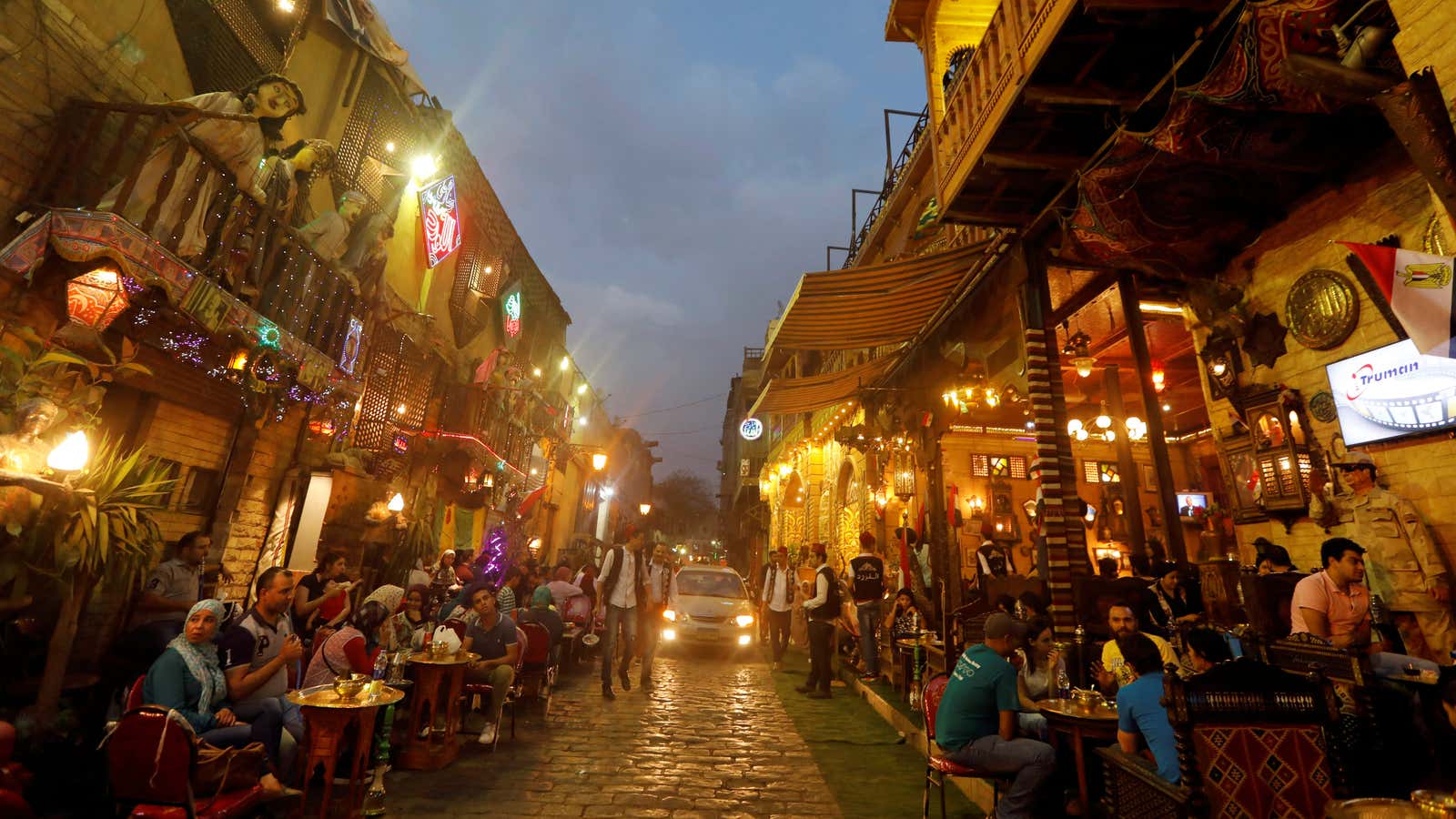The long-held dream of economic integration in Africa is becoming more of a reality—thanks a crop of companies defying high odds.
Despite the obvious difficulties of being a pan-African business, economic integration across the continent is “gathering speed,” according to a new report by the Boston Consulting Group (BCG). African companies, including airlines, financial institutions and telecoms operators are leading this charge with BCG’s report identifying 75 companies across 18 countries whose businesses are leading to further integration.
“On average, the top 30 African companies now have operations in 16 African countries, up from an average of only 8 in 2008,” the report says. Much of this growth, which outpaces many multinationals operating on the continent, is attributed to factors including a superior grasp of data relevant to local markets, on-the-ground experience and being to navigate informal business environments which dominate the continent.
Indeed, between 2006-2007 and 2015-2016, average annual African foreign direct investment—defined as money African companies invested in African countries—more than doubled from $3.7 billion to $10 billion, the report shows. In the same period, average annual intra-African exports also grew from $41 billion to $65 billion while the average number of yearly intra-regional merger and acquisition deals increased from 238 to 418—more than half of the total number of deals.
This progress has come despite Africa’s many logistical challenges which increase the cost of doing business. For example, according to BCG estimates, Africa has the highest average cost of shipping and distributing goods across the world.
The biggest problem in this regard has been poor connectivity and a lack of good road networks within and between several African countries. As Quartz has reported, fixing local road networks is crucial to boosting trade across the continent.
Recent policy milestones on the continent are likely to be a boon for further economic integration. Last month, 44 African leaders signed an agreement to create the African Continental Free Trade Area—potentially one of the world’s largest trading blocs. Earlier, in January, 23 African countries launched the Single African Air Transport Market aimed at boosting connectivity and reducing the cost of travel across the continent just as several African countries have relaxed visa rules for African nationals.
